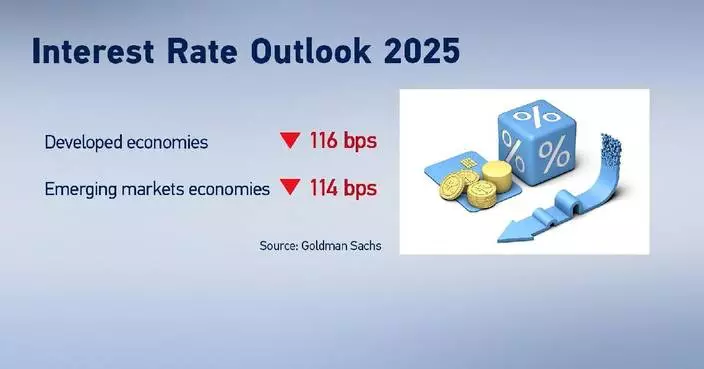Oil and gold prices fell sharply on Monday, with both West Texas Intermediate (WTI) crude oil futures and international gold prices dropping by over three percent, due to reduced market concerns over the conflict in the Middle East.
Influenced by the reports of a potential ceasefire agreement between Israel and Hezbollah in Lebanon, oil prices significantly dropped on Monday.
The WTI for January delivery lost 2.3 U.S. dollars, or 3.23 percent, to settle at 68.94 dollars a barrel on the New York Mercantile Exchange. Brent crude for January delivery dropped 2.16 dollars, or 2.87 percent, to settle at 73.01 dollars a barrel on the London ICE Futures Exchange. Phil Flynn, a senior market analyst at The PRICE Futures Group in the United States, noted that fluctuations in concerns over oil supply disruptions have been steering oil price movements, with the potential ceasefire agreement between Israeli Prime Minister Benjamin Netanyahu and Hezbollah acting as a stimulating factor for the decline in oil prices.
According to the schedule, the Organization of the Petroleum Exporting Countries (OPEC) Plus, comprised of OPEC and non-OPEC producers, is set to hold a regular meeting on December 1. Sources indicate that OPEC Plus might once again delay its production increase plans during this gathering. Moreover, gold, being a safe-haven asset, is typically favored by investors amid escalating geopolitical risks. Following reports of a potential Israel-Hezbollah ceasefire agreement, market concerns regarding geopolitical risks have alleviated, triggering a sell-off in gold and a significant drop in prices. On Monday, the most active gold contract for December delivery on the New York Mercantile Exchange fell by 3.45 percent to close at 2,618.5 dollars per ounce.

Oil, gold prices plunge on reports of potential Israel-Hezbollah ceasefire










